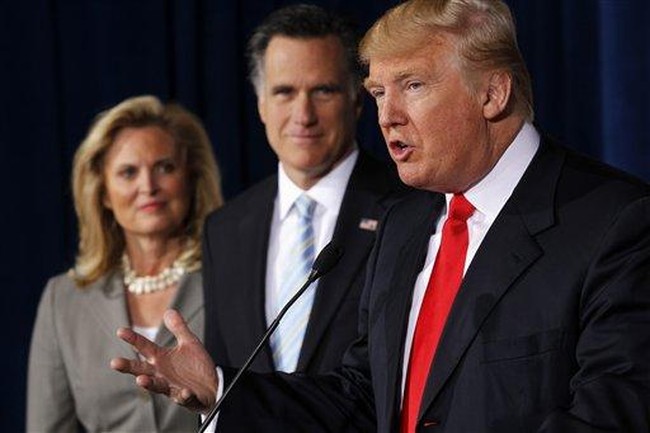We support our Publishers and Content Creators. You can view this story on their website by CLICKING HERE.

For conservatives “of a certain age” — i.e. those of us who can remember the Reagan years firsthand — conservatism is as much a life philosophy as a political movement. It was one of the key distinctions between the two parties: Republicans were guided by a specific belief system — conservatism — whereas the Democrats were more of a hodgepodge blend of various demographics.
Advertisement
Back then, the Democratic Party was a coalition party. Really, the only thing a union worker in Pittsburgh and a vegan environmentalist in Berkley had in common was that they both expected the Democratic Party to help ‘em grab a bigger piece of the pie. Their “north star” wasn’t any kind of ideology but a general desire to endlessly expand the size of government, until each segment of their coalition could gorge at the trough.
It was pure, unadulterated greed masquerading as compassion and altruism.
Meanwhile, the Republicans didn’t rely on coalitions. Sure, some GOP voters hailed from the religious right, and the evangelicals didn’t always see eye-to-eye with the economic conservatives, but for the most part, the Republican Party was the party of conservatism: If you agreed with the philosophy, welcome to the party! And if you don’t, find a different party. (Except on Election Day.)
And that’s how it was until 2008. The election of Barack Obama changed everything.
It’s impossible to understand the rise of MAGA without studying the strange ascension of a little-known Illinois state senator who rose to the presidency. Obama won a pair of national elections — both by a landslide! — by building a coalition of classic liberals, college-educated moderates, minorities, urban citizens, women, and young voters. The size of his coalition was so large and so vast that if the correlation between voting patterns and demographics stayed constant, it was now functionally impossible for the Republican Party to ever win again.
Advertisement
Meanwhile, the conservative philosophy had lost its Midas touch. The Iraq War was deeply unpopular, and the mortgage crisis (and subsequent recession) seemed to have discredited the entire belief system. And not just among moderates and liberals: Even in the GOP, it was no longer good enough for a candidate to promise he or she was the most conservative guy on the stage and thus deserved the nomination.
Enter Donald J. Trump.
In 2016, Ted Cruz, Rand Paul, and Jeb Bush (and others) argued that they were the most conservative candidates running — and each of them had a point. If this were the Reagan years, all three of them would’ve been worthwhile flagbearers.
But along with the Iraq war and the economic meltdown, one of George W. Bush’s lasting legacies was a complete inability to defend himself from the insults, barbs, and lies of the left. President Bush felt it was “beneath the dignity of the office” to respond to political attacks.
He was magnanimous to a fault.
Spoiler Alert: Donald Trump is NOT magnanimous to a fault! Instead, he’s a rabid wolverine who’ll gouge eyeballs and break thumbs to get his way.
And after the kind, benevolent, genteel George W. Bush was pulverized into dust by the media, a rabid wolverine like Donald Trump was exactly what GOP voters wanted.
Some of Trump’s core beliefs are conservative. Instinctively, he loathes unchecked immigration. Because of his vast business experience, he despises high taxes and stupid, senseless regulations. And since he’s mostly indifferent to judicial policies (aside from hating lawfare), he has no problem appointing conservative judges.
Advertisement
But he’s not defined by conservatism. He doesn’t give a crap about its philosophical worldview.
Instead, he’s a nationalist, a smug, unrepentant nationalist who’s 100% dedicated to elevating the United States of America. Where and when conservative policies — such as at the border or with taxes — can give America a competitive edge, Trump is a booster: He’ll be as conservative as you want.
But if he thinks it’s in America’s national interest to grow the size of government, annex Canada, or somehow seize Greenland, he’ll do that, too.
Because, more than conservatism, what defines Donald Trump is being a fighter. And it turns out, that’s exactly what GOP voters were yearning for: They’d rather have a right-leaning nationalist who’ll fight like hell for our country than a “pure” conservative who floats like a butterfly and stings like a butterfly.
Politics is a full-contact sport. Trump might not be a conservative, but he’s a helluva fighter. For the GOP, that was good enough.

 Conservative
Conservative  Search
Search Trending
Trending Current News
Current News 







